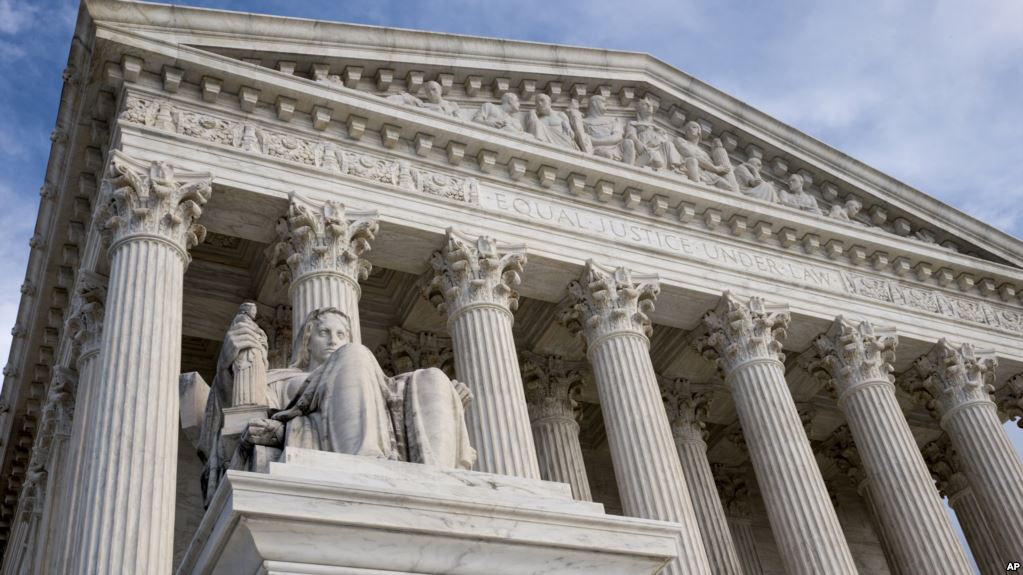 On May 21, the U.S. Supreme Court decided that employment agreements that require individual arbitration of wage-and-hour disputes and prohibit joint actions by employees against their employers must be enforced under the Federal Arbitration Act (FAA), 9 U.S.C. § 1 (1925). Epic Systems Corp. v. Lewis, No. 16-285 (May 21, 2018) (and two other cases). The Court rejected plaintiffs’ argument that the policy of the National Labor Relations Act (NLRA), to permit “concerted” activity“ by employees to enforce labor rights, should control over the FAA in employment contract cases. The Court’s ruling expands on earlier decisions that consumer and commercial contracts containing arbitration and class action waiver clauses are binding, and should be kept free from “judicial interference.” See, e.g., AT&T Mobility, LLC v. Concepcion, 563 U.S. 333 (2011); American Exp. Co. v. Italian Colors Restaurant, 570 U.S. 228 (2013).
On May 21, the U.S. Supreme Court decided that employment agreements that require individual arbitration of wage-and-hour disputes and prohibit joint actions by employees against their employers must be enforced under the Federal Arbitration Act (FAA), 9 U.S.C. § 1 (1925). Epic Systems Corp. v. Lewis, No. 16-285 (May 21, 2018) (and two other cases). The Court rejected plaintiffs’ argument that the policy of the National Labor Relations Act (NLRA), to permit “concerted” activity“ by employees to enforce labor rights, should control over the FAA in employment contract cases. The Court’s ruling expands on earlier decisions that consumer and commercial contracts containing arbitration and class action waiver clauses are binding, and should be kept free from “judicial interference.” See, e.g., AT&T Mobility, LLC v. Concepcion, 563 U.S. 333 (2011); American Exp. Co. v. Italian Colors Restaurant, 570 U.S. 228 (2013).
Justice Gorsuch’s opinion concluded that the FLRA, enacted after the FAA, had not carved out an exception for employment contracts from the FAA’s policy favoring arbitration clauses, because there is a “strong presumption that repeals by implication are disfavored and that Congress will specifically address preexisting law when it wishes to suspend its normal operations in a later statute.” Epic Systems Corp. v. Lewis, slip op. at *8 (quotation marks and citations omitted).
Justice Ginsburg read a strongly-worded dissent from the bench. She called the Court’s decision “egregiously wrong,” noting that the extreme imbalance between employers’ and employees’ bargaining power in U.S. workplaces prompted Congress’s passage of the Norris-LaGuardia Act, 29 U.S.C. 101, and subsequently the NLRA, to protect the rights of individual workers by giving them the capacity to “act collectively in order to match their employers’ clout in setting terms and conditions of employment.” Epic Systems Corp. v. Lewis, slip op. at *20 (Ginsburg, J., dissenting). Despite the NLRA’s mandate that it is an unfair labor practice “to interfere with, restrain, or coerce employees,” however, the employers in the cases before the Court required employees to sign agreements to submit wage-and-hours claims to binding arbitration, without an opportunity even to jointly arbitrate their claims. For over 75 years, she said, the National Labor Relations Board has held that the NLRA safeguards employees from employer interference when they pursue joint, collective, and class suits related to the conditions of their employment. Justice Ginsburg even said she “would further hold that employer-dictated collective-litigation stoppers, i.e., waivers, are unlawful.” She concluded:
[T]he edict that employees with wage and hours claims may seek relief only one-by-one does not come from Congress. It is the result of take-it-or-leave-it labor contracts harking back to the type called “yellow dog,” and of the readiness of this Court to enforce those unbargained-for agreements.
Slip op. at *32.
Related Reading:
A 2017 study found that 80% of the country’s 100 biggest companies use mandatory arbitration clauses in employment paperwork to force employees to use a private forum to settle potential disputes. Megan Leonhardt, Getting Screwed at Work? The Sneaky Way You May Have Given Up Your Right to Sue, Money, Sept. 27, 2017.
In July 2017, the Consumer Financial Protection Bureau (CFPB) announced a rule to ban companies from using mandatory arbitration clauses in consumer financial products like credit cards and bank accounts. On Nov. 1, 2017, the President signed a joint resolution passed by Congress disapproving the Arbitration Agreements Rule under the Congressional Review Act (CRA). Statement of the Bureau of Consumer Financial Protection on Enactment of S.J. Resolution 57.
Adam Liptak, Supreme Court Upholds Workplace Arbitration Contracts Barring Class Actions, N.Y. Times, Business Day, May 21, 2018.
Laurence E. Dube, Companies Get Green Light to Use Class Action Waivers, BNA’s Health Care Daily Report, May 22, 2018.
Lydia Wheeler, Supreme Court Upholds Agreements That Prevent Employee Class-Action Suits, The Hill, May 21, 2018.